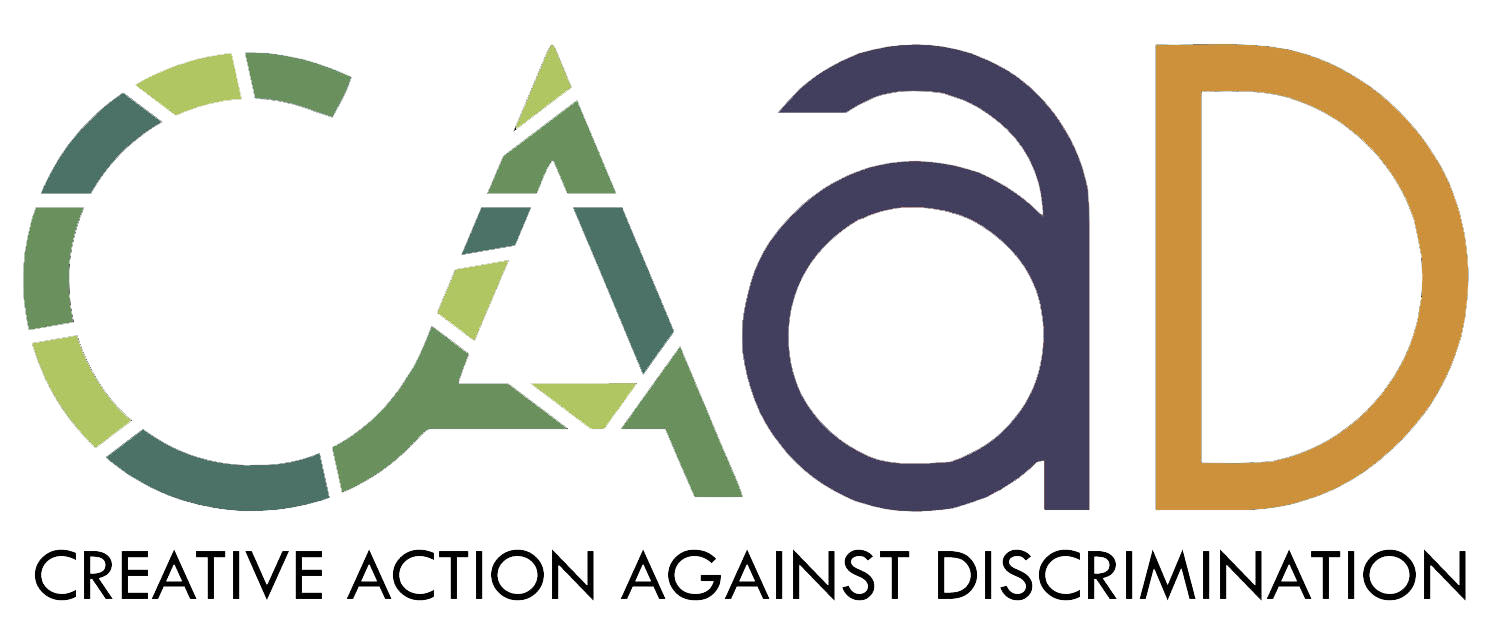Theatre
Theatre workshops are often associated with a very playful approach. At the same time theatre workshops offer to the participants a complex experience where the mind, verbal language and body language are at stake, as well as the awareness of one’s own body in the environment, the emotions and sensations that provoke us.
Theatre is a language that allows human beings to represent and share their worldview, relationships, and experiences. By dramatising current society’s paradigms, values, mechanisms and contradictions, theatre can provide a platform to explore and discuss discrimination, identity, power, privilege and stereotype concepts with a critical eye.
Through role-play, theatre allows people to explore other points of view and feelings, understanding others by temporarily embodying their life and experiences. Theatre is also an instrument of knowledge, of oneself, others and the world. Racism and discrimination arise from power imbalance and bias, prejudices and stereotypes that prevent people and social actors from having the opportunity of meaningful exchanges, dialogue and growth. Since it teaches by doing, theatre is a practical tool and powerful driving force helping people become aware, analyse and transform their reality. Moreover, it has a strong impact since it provides meaningful relationships and gets participants emotionally involved, not only intellectually, therefore it works using multiple intelligences.
Learning by using the body, talking, acting, appeals to a different kind of mental process difficult to be reached in other ways.
The use of space is crucial in theatre, but conception and use of space differ over cultures. Working in, and with, space helps create intercultural competence and awareness and understand how power relations influence our chances of being included or excluded from certain spaces. Racism and discrimination happen in space and can be addressed and visualised using space in a performative way.
Time is also essential, as theatre pays attention to keeping an emotional rhythm. For instance, providing the right time and rhythm to dialogue and interactions can help build a positive relationship, manage conflict constructively, etc. Being aware of this dimension can make a difference.
Making theatre in a workshop setting involves a group dynamic. Working with a group means dealing with different opinions and perceptions of what happens and managing these differences to reach a common goal. Being in a group helps people question and widen their personal worldview and experience, address their bias, accept and interact with other ideas. Interacting in a diverse group fosters the ability to engage in relationships with different people, overcoming fear and embarrassment.
Just as you can use theatre as a method in anti-discrimination work, you can also turn the tables and use knowledge about diversity and discrimination to enrich your theatre work. Role play is about empathising with other people and taking their perspective. How does a person act from that perspective? Reflections on discrimination and privilege can be incorporated into theatre in the same way that addressing status is a common part of theatre work. An awareness of the different dimensions of human diversity can be the basis to work on the complexity of a role. Last but not least, this approach can sensitise people to diversity and introduce to anti-discrimination work who might not have been open to this topic before.
In other words, theatre is a perfect way to work against discrimination!
The Theatre Workshops will consist of a great variety of methods, including Theatre of the Oppressed (TO) to reflect, debate and ask ourselves: “what can I do to create a better world?”
Link to the toolkits:
